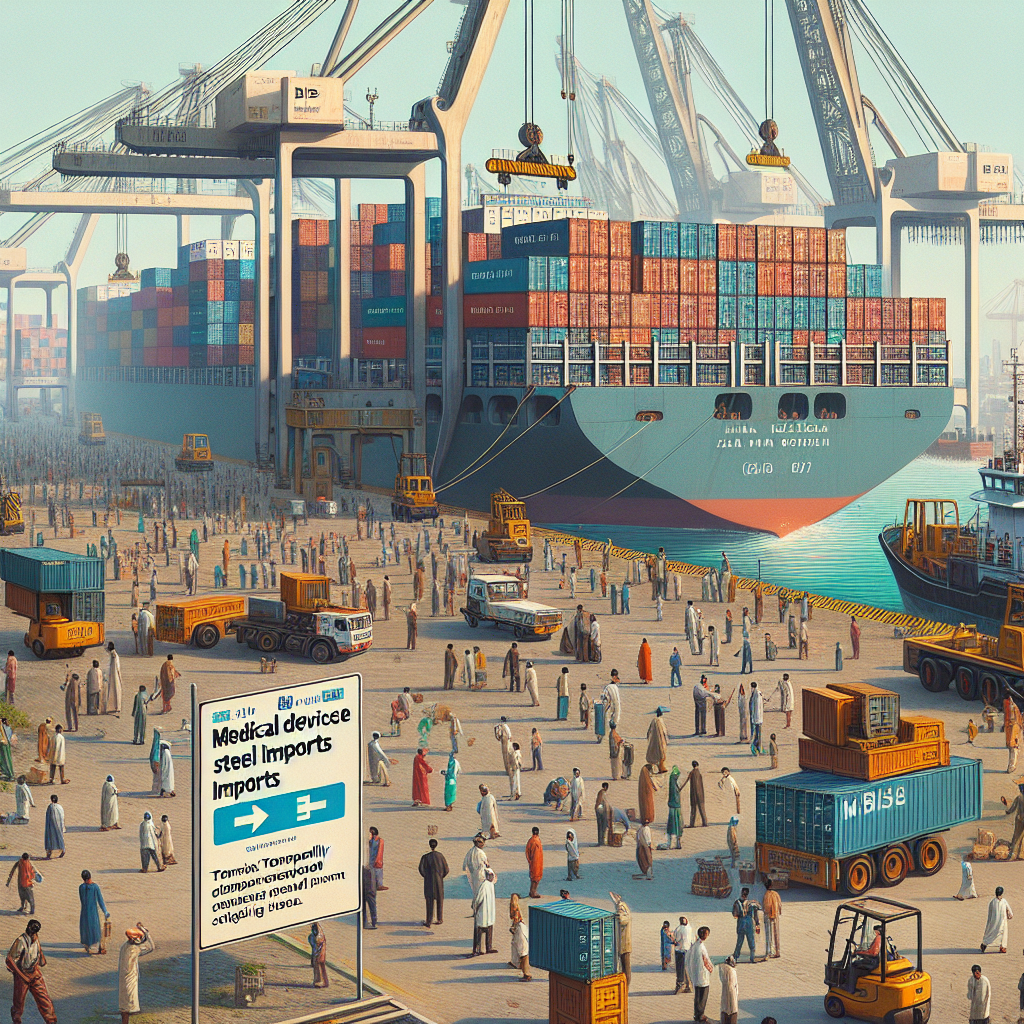Urgent Call for BIS Certification Revision to Sustain Medical Device Production

The Association of Indian Medical Device Industry (AiMeD) has raised an urgent concern with the Ministry of Steel regarding the bottlenecks faced in importing stainless steel strips crucial for manufacturing medical devices like surgical blades and needles. The ongoing restrictions imposed by BIS certification are hindering production and disrupting vital healthcare services.
The Impact of BIS Certification on Medical Device Manufacturing
The medical device industry in India is at a crucial juncture as highlighted by AiMeD in their recent correspondence with the Ministry of Steel. The organization has flagged significant challenges arising from the strict BIS certification requirements for stainless steel strips—specifically those used in essential medical devices such as surgical blades, needles, and endoscope components.
Key Issues Highlighted by AiMeD
Dependence on Imported Materials: The manufacturing of sophisticated medical devices heavily relies on high-quality stainless steel strips, which are predominantly sourced from international suppliers. The current restrictions impede the seamless flow of these imports.
Production Disruption: With BIS certification creating barriers to importation, manufacturers face delays and production bottlenecks. This affects the timely supply of critical medical devices to healthcare facilities across India.
Healthcare Consequences: Disruption in the production of medical devices can severely impact patient care, leading to shortages in essential surgical and diagnostic tools.
The Way Forward
To maintain a robust medical device manufacturing sector and ensure uninterrupted healthcare services, AiMeD is advocating for:
- A review of the BIS certification process to facilitate easier access to imported stainless steel strips.
- Recognition of the unique requirements in the medical sector, aiming for a balance between safety standards and manufacturing needs.
By addressing these challenges, the Ministry of Steel can play a pivotal role in supporting India's medical device industry, ensuring that it continues to thrive and meet the demands of modern healthcare.
Taking swift action on these issues will not only enhance domestic production capabilities but also strengthen the overall healthcare framework in the country.
